When a city, or what is left of it, is captured by the enemy, there begins a procedure for checking residents – a procedure prescribed in the rules of the Russian army. It is called “filtration”.
Filtration camps are set up near captured cities. Section by section, the local population is driven to a camp. Residents must have their documents and mobile phones with them for this journey. Only those who have no patriotic tattoos or pro-Ukrainian posts on social networks, and who can prove their loyalty to Russia, “pass” the filtration process.
For a while, the Russians denied the existence of filtration camps in the occupied territory of Ukraine, but later they even justified their use, saying that the camps help prevent pro-Ukrainian elements – Maidan participants or army service people – from entering Russian territory.
This explanation indicates another reason why the Russians have set up 18 filtration centers in former prison camps and purpose-built detention facilities in the occupied territories – those who “pass” the filtration process, are sent to Russia as refugees. They are mostly sent to depressed regions – to Murmansk, the Far East, and even to Kamchatka, where there is almost no population left. Those who don’t pass filtration are sent to prison camps or, according to some eye-witness accounts, are killed immediately, inside the filtration camps.
Filtration Techniques Developed in post-war USSR
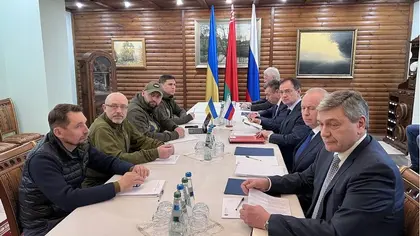
Did Peace Between Russia and Ukraine Slip Through Their Fingers in April 2022?
Almost all those who are prepared to speak about what they experienced during the filtration process prefer to remain anonymous. They are afraid of intimidation. But their stories are all similar. A lot has already been written about the checking procedures used – the interrogations, fingerprinting, and compulsory filling out of questionnaires. In fact, these procedures were invented back in the 1940s by the NKVD.
For me, the most surprising thing about the shadowy activity inside the filtration camps is the use of poetry as torture or punishment. Among the Ukrainians who have gone through filtration and been sent to Russia, some have managed to get into Estonia or Finland and then back to Ukraine, bringing with them stories of the filtration process.
Torture by poetry
Early on it was said that Ukrainian citizens and prisoners of war in camps were being forced to learn the Russian anthem – a slightly modified version of the Soviet anthem. But recently, reports tell of Ukrainians being forced to memorize the poem “Forgive Us, Dear Russians”.
I assumed that this poem had been written by a Russian poet “on behalf” of the Ukrainians, but the poem’s author is a Ukrainian, pro-Russian poetess from Poltava, Irina Samarina. She wrote the poem in 2014 in response to a better-known poem by the then Russian-speaking Ukrainian poetess Anastasia Dmytruk: “We Will Never Be Brothers”. This poem, addressed to the Russians, ends with the words “You have a tsar, we have democracy. We will never be brothers.” Although now forgotten, in 2014 this poem became quite a popular song. Anastasia Dmytruk continues to write poetry but, these days, mostly in Ukrainian. She also helps to organize protests around the world against the Russian war in Ukraine.
Irina Samarina, whose poem is imposed on Ukrainians in the prisoner of war camps and filtration camps, is little known in Ukraine, although she grew up in Poltava. On her Facebook page, she writes, as if with irony, that she works for the GRU -Russia’s military secret service. On the same Facebook page, she reposts the anti-Ukrainian video monologues of the pro-Russian propagandist Anatoly Shariy, who probably does work for the GRU. He is suspected of receiving money from the Russian secret services to buy a villa in Spain. Spanish authorities have seized the property.
To quote a few lines from Samarina’s poem: “But there is no Ukraine without Russia, just as a lock has no use without a key … But they will not destroy my love for Russia, as long as we are together, God is with us!”
Russian mass media and online platforms have tried to boost Samarina’s popularity in Russia – to present her as a representative of a “healthy Ukraine”. This does not seem to have worked, perhaps because of the mediocrity of her poetry. However, at least one of her poems will remain in the memory of Ukrainians who experienced Russian captivity.
For many Ukrainians trapped in occupied territories, having to learn bad poetry will not be their worst memory. Sometimes, in the filtration camps, married couples are split up – a wife passes filtration and is driven out of the camp and into Russian territory. What happens to her husband is not known.
Russian volunteers who help Ukrainians
Many “filtered” Ukrainian citizens who end up in Russia, are secretly helped to travel to Europe by Russian volunteer groups, which are mainly coordinated from abroad, including from Georgia and the UK. The Rubicus group, which has already helped nearly 2,000 Ukrainian internees to leave Russia, operates from the UK, but with help from Russian volunteers who are constantly monitored and hunted by the Russian special services.
Many ordinary Russians also watch their compatriots and denounce anyone they see trying to help Ukrainian refugees. In the city of Penza in western Russia, neighbors reported on Irina Gurskaya, a volunteer who was collecting clothes and money for refugees who had been brought from Mariupol to a village near Penza.
Gurskaya was summoned to the police station and intimidated for several hours, threatened with prosecution and huge fines. When a local lawyer, Igor Zhulimov, volunteered to defend Gurskaya, his neighbors painted the words “Ukrainian Nazi” on his apartment door.
Nonetheless, Russian volunteers continue to collect money for Ukrainians and help them to get to the border with Estonia or Finland.
The vast majority of Russians support the aggression against Ukraine. For the few people who choose to help Ukrainians, the pressure and persecution can become too much, and they also leave for Europe, further increasing the proportion of people in Russia who support Putin.
The views expressed in this article are the author’s and not necessarily those of the Kyiv Post.
You can also highlight the text and press Ctrl + Enter


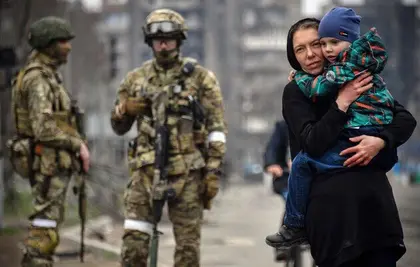
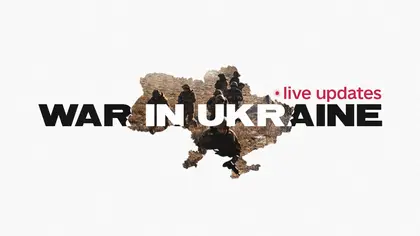
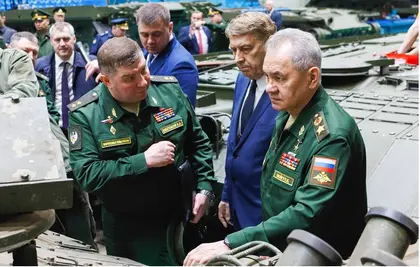
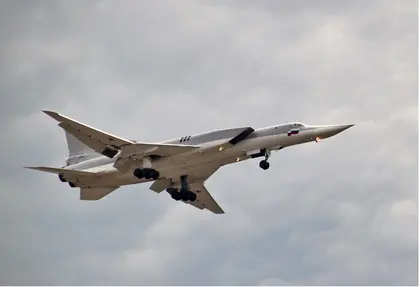
Comments (0)